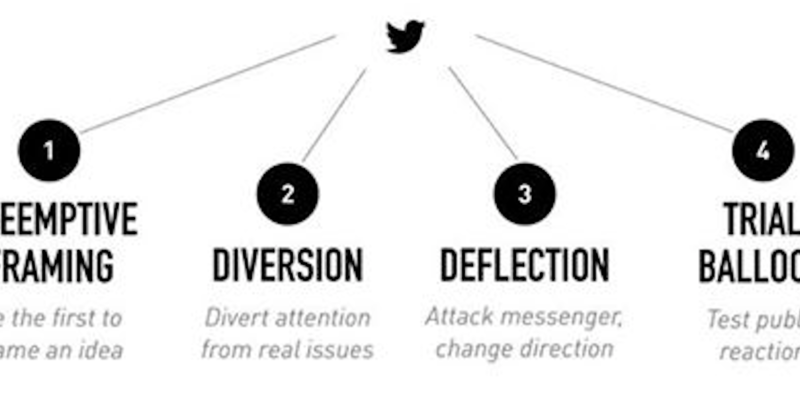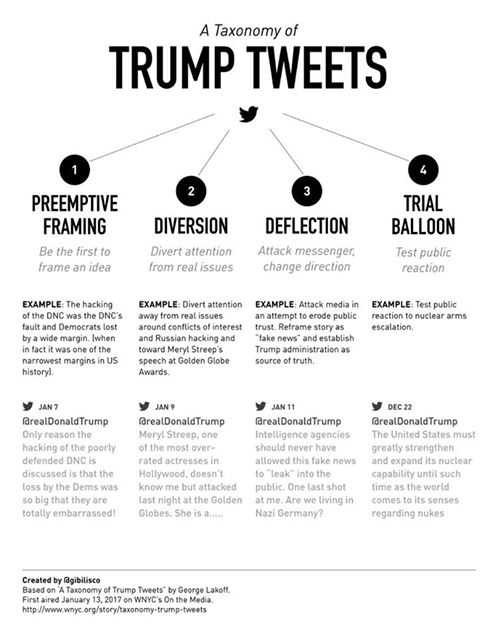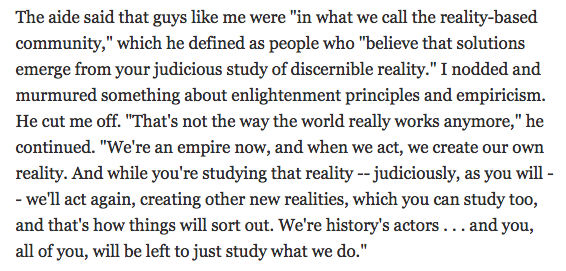I have had a lot of strong feelings in the past week about this country. The level of division is staggering. One friend tells me that people have been moving geographically into ideological enclaves in recent decades, which helps to explain why not only do we disagree so strongly with each other in this country, we also just can’t understand those who don’t think like us. I am also reminded of George Lakoff’s explanation of the difference in how liberals and conservatives think. Lakoff has helped me to understand how it is that our values can be so far apart that people who don’t think like us come across as either stupid or evil. For example, if you think that Bush is fighting terrorism (as many people seem to believe) then anyone who is against him must appear to be for terrorism.
Thoughtful people can see that this is not the case. In fact, when taken from a reality-based perspective, many people feel that Bush has made the country less safe by stoking the fires of religious extremism (both at home and abroad). In fact, a recent New York Times story exposed the division in new terms (that have been amplified by bloggers). In “Without a Doubt” Ron Suskind describes the “faith-based presidency” in which decisions are made based primarily on Bush’s personal intuition and his faith*, not facts. (*Which comes from where? I don’t think he even goes to church regularly.)
In the summer of 2002, after I had written an article in Esquire that the White House didn’t like about Bush’s former communications director, Karen Hughes, I had a meeting with a senior adviser to Bush. He expressed the White House’s displeasure, and then he told me something that at the time I didn’t fully comprehend — but which I now believe gets to the very heart of the Bush presidency.
The aide said that guys like me were ”in what we call the reality-based community,” which he defined as people who ”believe that solutions emerge from your judicious study of discernible reality.” I nodded and murmured something about enlightenment principles and empiricism. He cut me off. ”That’s not the way the world really works anymore,” he continued. ”We’re an empire now, and when we act, we create our own reality. And while you’re studying that reality — judiciously, as you will — we’ll act again, creating other new realities, which you can study too, and that’s how things will sort out. We’re history’s actors . . . and you, all of you, will be left to just study what we do.”
– Faith, Certainty and the Presidency of George W. Bush by Ron Suskind, New York Times Magazine, Oct 14, 2004.
Even though I took an entire course on the civil rights movement when I was in college, it took the documentary February One to drive home two important points to me about how that movement manged to impact so many people: 1.) Although it seemed random to observers, the four men who started the sit-ins at a Greensboro lunch counter on 2/1/1960 were very strategic about what they were doing. And 2.) what they did was effective because it was covered by the media and therefore reached into homes across the nation. (Can you imagine shots of protesters in the street on your local evening news? The media is failing us – this is why blogs are becoming more and more important.)
In light of these lessons, I am finally seeing our anti-imperialist movement gain the momentum, visibility, and critical mass to be seen, heard, and felt across the country. It was Eminem’s “Mosh” video that made this really hit me. It’s kind of sad that a egotistical, white, homophobic rapper would be the harbinger of this widespread and growing dissent, but the world is different than it was 50 years ago. Eminem reaches people in a way that the Independent Media Center never will. This is big.
So here’s my election prediction: I think that this year’s voter mobilization effort will be in our children’s history books, although it might not include the part I like about the grassroots, people-driven effort triumphing over imperialism and corporate greed. Either way, I believe that this will be a defining moment of my era, just as the peace movement was in the 60’s and the civil rights movement in the 50’s.
I occasionally think (as my boyfriend does) that it will be a Kerry landslide, but mostly I think it will be a nail-biting Kerry victory. There will be legal battles no matter what the outcome. The losers will not recognize the legitimacy of the winner. In the entirely possible and extremely horrifying event of a Bush victory, I think we will witness the solidification of the next huge grassroots social justice movement of our time. At the last Bush inauguration there were almost as many protesters as celebrators on the parade route. This time most of the furs, fake cowboy boots, and ten-gallon hats will not brave the streets which will be full of patriots objecting to another four years of hate in the Whitehouse. This time, no-one will be able to ignore us.
If Kerry wins, we will have an uphill struggle against complacency. Many people who have been involved this year through MoveOn, ACT, Howard Dean‘s campaign, and the Democratic Party will think their job is done. They may go back to being “normal” members of society, as if democracy functions on it’s own without caretaking. They may ignore the fact that Republicans will still be in control of Congress, and working at every level to deny our rights, and give themselves more freedom.
So remember, no matter what happens tomorrow, the struggle is just beginning. We must remain engaged so that Florida 2000/presidential selection/Bush in the Whitehouse never happens again! Democracy doesn’t work without all of us participating. Keep the media on their toes and speak truth to power!





 Last week I had the immense pleasure of attending and participating in
Last week I had the immense pleasure of attending and participating in 